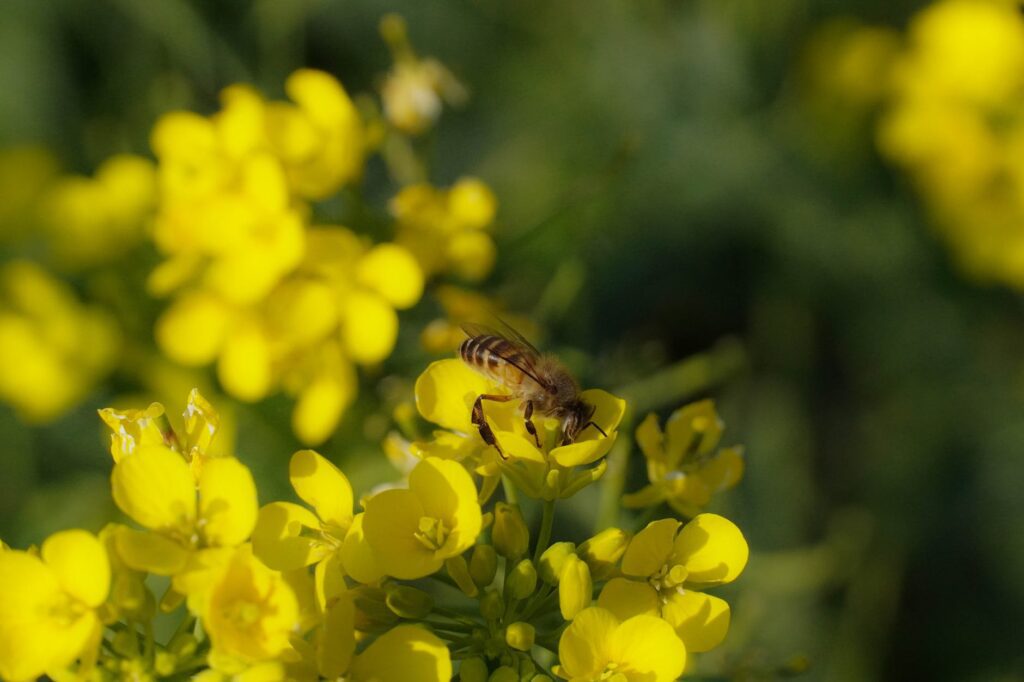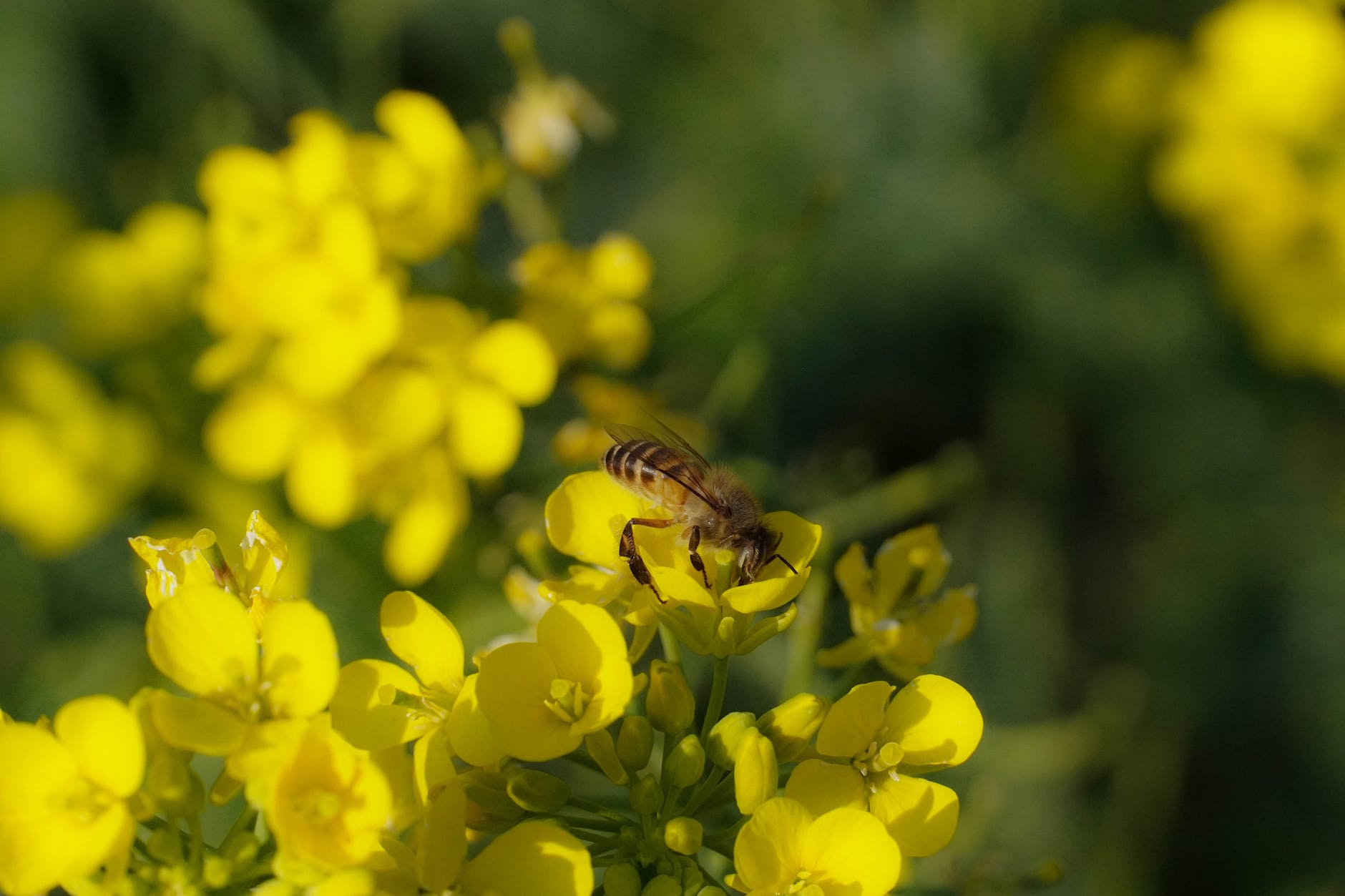
In the delicate balance of our planet’s ecosystems, insects play a vital role. Recent studies have brought forth alarming revelations about the rapid decline in both the numbers and diversity of insects worldwide. Unraveling this complex web, researchers from University College London (UCL) have uncovered a disconcerting synergy between climate change and industrial agriculture, shedding light on the critical interplay that amplifies the decline of these essential creatures.
**The Symphony of Decline**
Picture this: a symphony of nature, where insects are the musicians, each species contributing its unique note to the harmony of biodiversity. Now, imagine that symphony gradually fading away. This is the stark reality revealed by a comprehensive study published in Nature, where researchers meticulously analyzed data from over 750,000 samples spanning 6,000 sites across the globe, covering nearly 18,000 insect species over the past two decades.
**Climate Change and Agriculture: A Disconcerting Duet**
The research unearths a troubling partnership between climate change and industrial agriculture. Rising temperatures, a consequence of global climate change, are found to exacerbate the impact of habitat loss caused by expansive agricultural practices. It’s not a simple case of one plus one equals two; in this scenario, climate change and agriculture together create a compound effect, leading to more significant declines in both insect populations and species diversity.
**The Data Speaks Volumes**
The numbers are staggering. In areas where natural habitats have been cleared for high-intensity agriculture, a rise in temperatures correlates with a staggering 49% reduction in insect numbers and a 27% decline in species diversity. This double blow, where habitat loss intensifies the lethal effects of rising temperatures and vice versa, paints a grim picture for the future of insect life on our planet.
**Agriculture’s Role in the Decline**
The study highlights how agricultural development not only encroaches upon insect habitats but also intensifies the impact of climate change. The clearing of natural landscapes reduces tree cover, leaving insects vulnerable to the harsher effects of rising temperatures. The consequence is a perilous environment where surviving insects may be forced to migrate to less hospitable areas, further disrupting the delicate ecological balance.
**Preserving the Symphony**
As we absorb the findings of this extensive study, the call to action becomes clear. Charlotte Outhwaite, a study author and UCL ecologist, emphasizes the urgency of preserving natural habitats, slowing the expansion of high-intensity agriculture, and actively reducing emissions to mitigate climate change. The study underscores the interconnectedness of these issues, urging a holistic approach to address the complex challenges facing insect populations.
**Conclusion: A Call to Harmony**
In the intricate dance of climate change and agriculture, insects are the silent dancers whose diminishing numbers echo a dissonant tune. It’s a call to action for all of us, especially in the agricultural sector. As we navigate the path ahead, our choices matter. For Telluria Crop Science Pvt Ltd, the study serves as a poignant reminder of the responsibility to innovate sustainably, prioritize habitat preservation, and contribute to the collective effort to safeguard the biodiversity that sustains our world. Let’s transform this dissonance into a harmonious melody of coexistence, ensuring the vibrancy of the symphony of life for generations to come.

